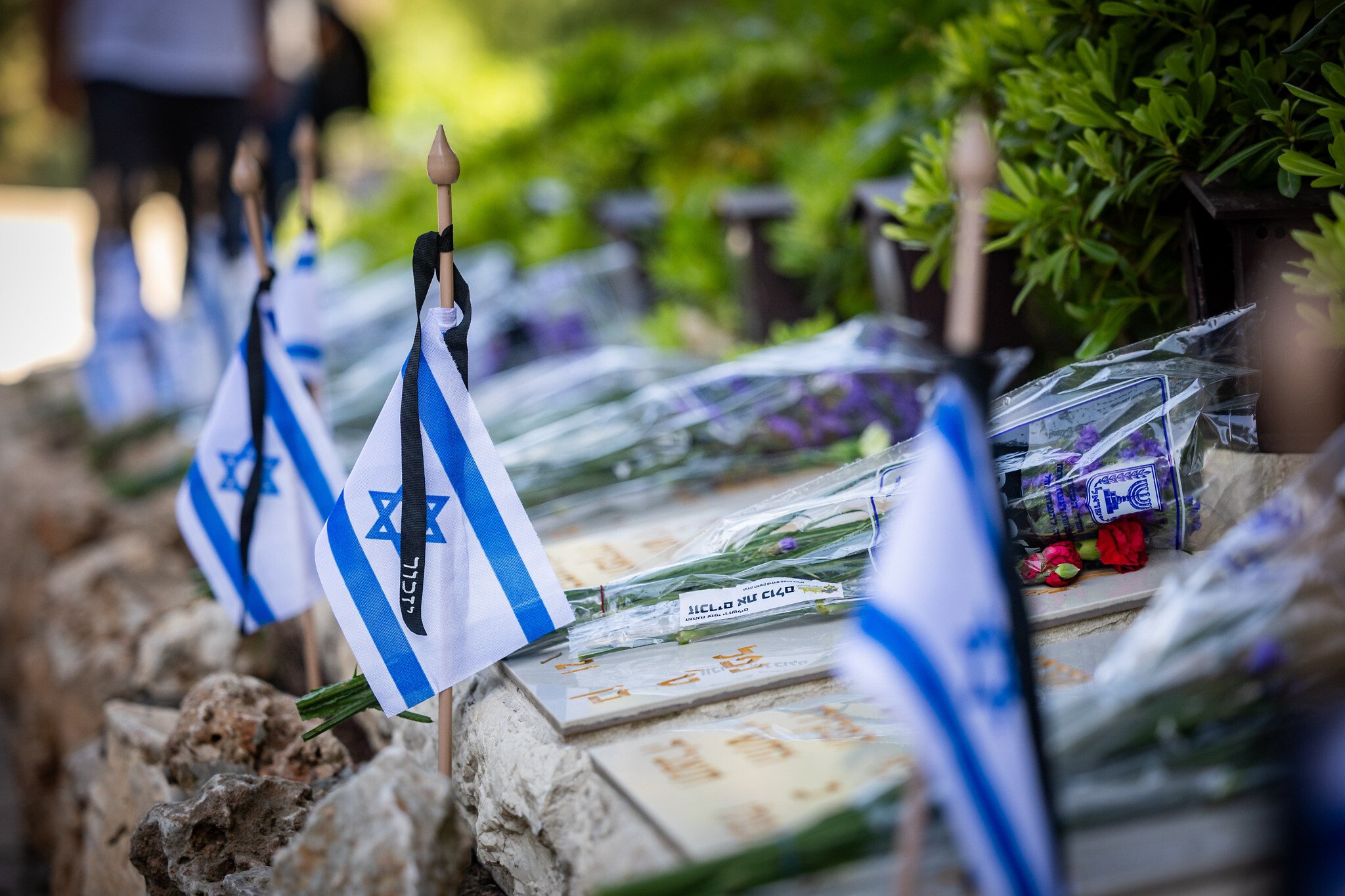



Most recent suicides among Israeli soldiers were driven by psychological trauma from the ongoing war, including prolonged deployments in combat zones, witnessing harrowing scenes and the loss of friends, according to the findings of internal military investigations published in a Sunday report.
“Most of the suicides resulted from the complex reality created by the war. War has consequences,” a senior Israel Defense Forces official told the Kan public broadcaster, underscoring the link between combat exposure and the rising number of self-inflicted deaths.
In response to the findings, the IDF said that it was drawing systemic conclusions and stepping up its mental health measures. The military is reportedly expanding training for commanders to help them detect signs of distress in their troops, while also significantly increasing the number of mental health officers — by 200 for active-duty soldiers and 600 for reservists, on top of the roughly 1,000 already serving since the start of the war.
According to figures cited by Channel 12 last Monday, at least 17 soldiers have died by suicide so far in 2025 — a figure that does not include reservists not on active duty at the time of their deaths, such as Roi Wasserstein. His case has ignited a public debate over how the military recognizes and supports mental health struggles among discharged and reserve soldiers.
Although the IDF publishes official suicide data only once a year, the reported numbers point to a troubling continuation of last year’s rise in such deaths. In 2024, 21 soldiers died by suicide — the highest annual toll in over a decade. In 2023, the figure stood at 17, including seven following Hamas’s October 7 assault, most of them reservists.
Officials warn the trend may worsen if the military fails to sufficiently address the psychological toll on troops returning from combat.

The discussion around post-service trauma has been further amplified by Wasserstein’s death last week. The 24-year-old reservist medic died by suicide, drawing renewed focus to the gaps in mental health care for those no longer actively serving.
Wasserstein, from Netanya, had completed more than 300 days of reserve duty since the beginning of the war, serving in the medical evacuation unit of the IDF’s 401st Armored Brigade. He was regularly tasked with evacuating wounded and fallen soldiers under fire. According to Wasserstein’s mother, Dina, he was deeply affected by the horrors he witnessed on the battlefield.
“After October 7, he took part in retrieving bodies under fire. He saw horrific sights,” she told Ynet on Thursday. “He got out of a tank in the middle of an inferno to prevent soldiers from being abducted and to evacuate soldiers with amputated limbs. It affected him deeply. Ever since he came home, it never left him.”

Following his death, Wasserstein’s family was notified — through unofficial channels — that he would not be recognized as a military casualty because his service had ended two months prior, and that he would therefore be buried in a civilian ceremony.
The decision sparked public criticism and renewed calls for the IDF to revise its policies on post-service mental health.
“A soldier who is wounded by a bullet and dies a year later is recognized as a fallen soldier — psychological injury is also a wound. It’s a scar from the army that doesn’t heal,” Wasserstein’s father, Roni, told Army Radio on Sunday.
On Sunday morning, Maj. Gen. Dado Bar Kalifa, head of the IDF’s Personnel Directorate, visited Wasserstein’s family and promised to do everything in his power to secure his status as a fallen soldier, Army Radio reported. He also updated them on a new committee being formed to examine how the military responds to suicide cases tied to psychological wounds sustained during service.

The committee — established in coordination with Defense Minister Israel Katz and IDF Chief of Staff Lt. Gen. Eyal Zamir — will be led by former Personnel Directorate head Maj. Gen. (res.) Moti Almoz. It will include mental health professionals, legal advisers, casualty officers and Defense Ministry officials, and will examine the moral, systemic and legal aspects of supporting veterans facing delayed psychological effects of their service.
The army says the new committee aims to “ensure a thorough, responsible, sensitive, and equitable examination of the support given to servicemembers throughout and after their military service.”
In parallel, Zamir has instructed the military to explore advancing legislation that would allow reservists who die by suicide outside of active duty to be formally recognized as fallen soldiers, provided a clear link is established between their service and their death.
While the military is not able to directly advance laws, it can send representatives to relevant Knesset committees to present its agenda.
